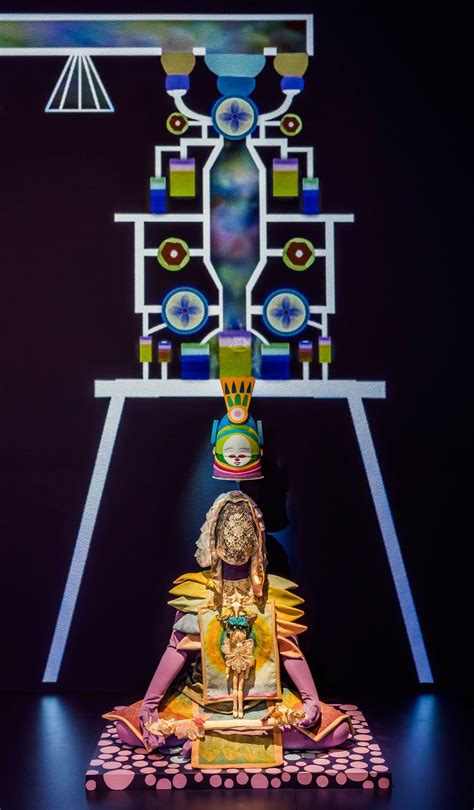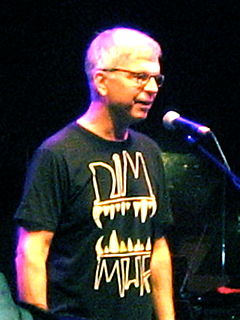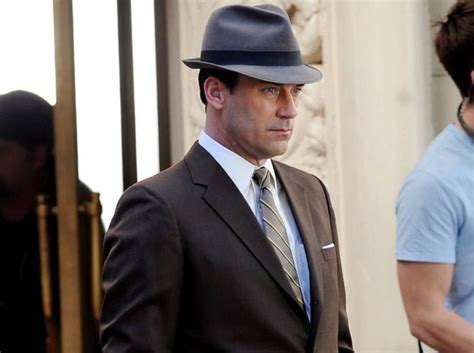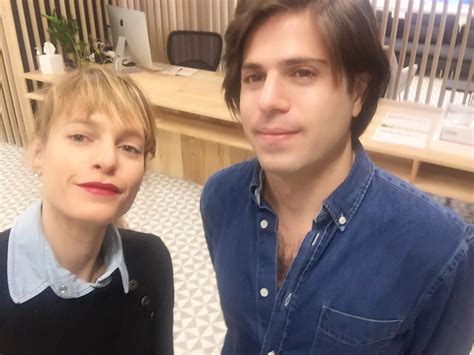A Quote by Alec Soth
This is the same problem I have with digital photography. The potential is always remarkable. But the medium never settles. Each year there is a better camera to buy and new software to download. The user never has time to become comfortable with the tool. Consequently too much of the work is merely about the technology. The HDR and QTVR fads are good examples. Instead of focusing on the subject, users obsess over RAW conversion, Photoshop plug-ins, and on and on. For good work to develop the technology needs to become as stable and functional as a typewriter.
Quote Topics
About
Always
Become
Better
Buy
Camera
Comfortable
Consequently
Conversion
Develop
Digital
Digital Photography
Download
Each
Each Year
Examples
Fads
Focusing
Functional
Good
Good Example
Good Examples
Good Work
Instead
Medium
Merely
Much
Needs
Never
Never Settle
New
Obsess
Over
Photography
Photoshop
Plug
Potential
Problem
Raw
Remarkable
Same
Software
Stable
Subject
Technology
Time
Too
Too Much
Tool
Typewriter
User
Users
Work
Year
Related Quotes
It wasn't until about a year, year and a half in where I began to realize that the Pentagon and our national-security apparatus and the CIA were all getting too comfortable with the technology as a tool to fight terrorism, and not being mindful enough about how that technology is being used and the dangers of a form of warfare that is so detached from what is actually happening on the ground. And so we initiated this big process to try to get it in a box.
The most revolutionary aspect of technology is its mobility. Anybody can learn it. It jumps easily over barriers of race and language. ... The new technology of microchips and computer software is learned much faster than the old technology of coal and iron. It took three generations of misery for the older industrial countries to master the technology of coal and iron. The new industrial countries of East Asia, South Korea, and Singapore and Taiwan, mastered the new technology and made the jump from poverty to wealth in a single generation.
I embrace technology and I just think that in 1984 when James Cameron wrote about the technology, everyone thought he was totally way out there and it was science fiction. Now it's almost reality what he talked about. The machines have taken over, except they have not become self-aware, like in Terminator. So this is really one thing that we have to watch out for, but I think technology is good.
People always think of technology as something having silicon in it. But a pencil is technology. Any language is technology. Technology is a tool we use to accomplish a particular task and when one talks about appropriate technology in developing countries, appropriate may mean anything from fire to solar electricity.


































